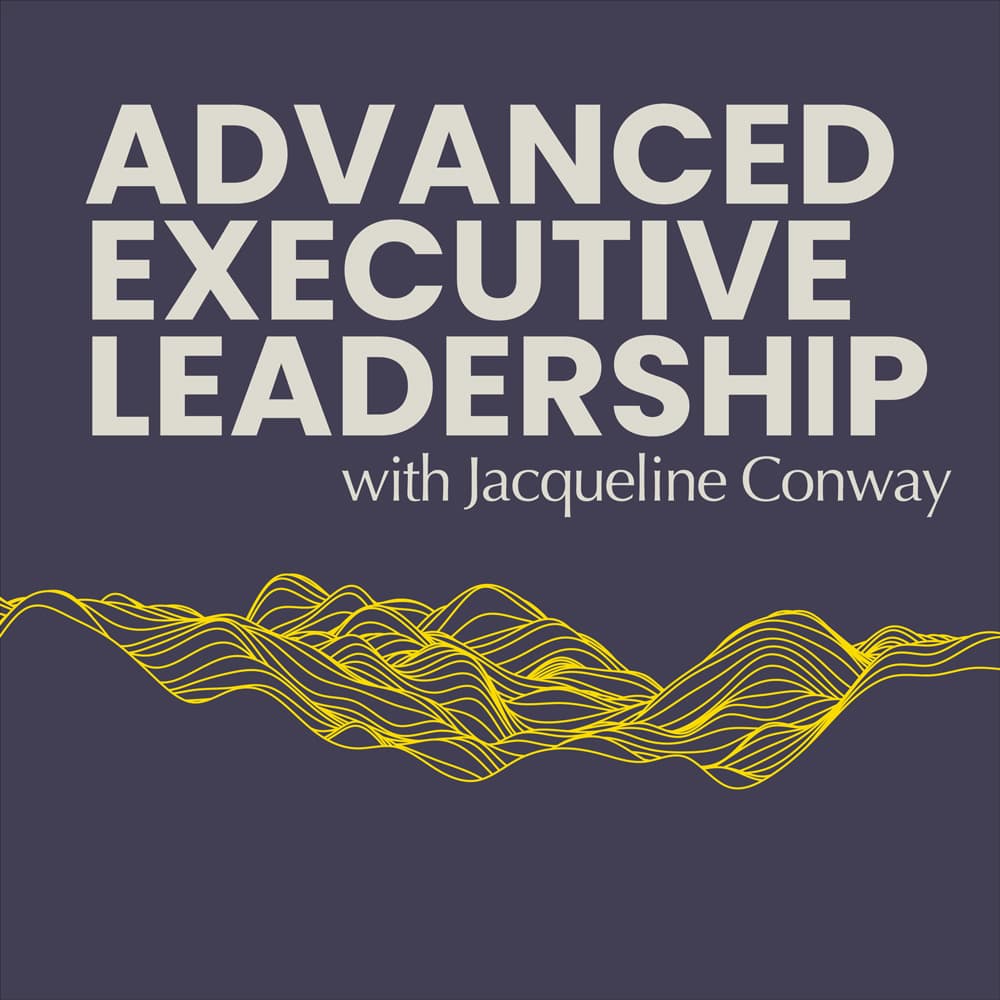If you’ve got an executive or senior leadership team that you think could benefit from some concentrated effort to improve its functioning and dynamics, how do you know where to start?
Leo Tolstoy wrote in Anna Karenina that “All happy families are alike, but every unhappy family is unhappy in its own way”. I think that the same can pretty much be said for senior leadership teams. The dynamics that make senior teams work, seem to work across many different teams, not deterministically, but you can definitely see a pattern.
But in teams that are not performing well, there are subtle and important dynamics in any number of places. They don’t just span the relationship dynamics of the team. It may also include what the team’s focussed on, how they take their context into consideration and how they structure their work.
In fact, in Waldencroft, we’d usually start in any of those places before looking at relational dynamics to help the team work on the less psychologically challenging areas and get some solid progress notched up before we open up what can be a relational can of worms.
I’ve mentioned on the podcast before that our work with executive and senior leadership teams is based on our Integrative Framework of Team Effectiveness, or the IF-TE for short. As we evolve our understanding of the developmental edge for senior teams, or as we engage with excellent new research that becomes available or as we assimilate our ongoing practical experience with executive teams, we put the IF-TE under an ongoing process of scrutiny and iteration.
We’ve just launched IF-TE 2.0 with some significant changes… and I wanted to share these with you. As I tell you about them, perhaps think about the senior team you belong to and see if any of it resonates and helps shed some light on what your team is experiencing.
The biggest change to the Integrative Framework of Team Effectiveness (IF-TE), is that we’ve further developed our idea of the importance of context. By this I mean the authorising environment, organisational culture, how the team reasons and actually does work and its attention to its own performance.
Let me double back for a moment to give you an idea about the IF-TE.
The first thing to say is that it’s framework, not a model. A model tries to capture an idealised idea of team and say “it should have these” but the IF-TE rather provides an overall picture of the components that influence the functioning of senior teams and seeks to explore how the connectivity and dependency of these impacts how the team are performing.
It does that by looking at three Domains that impact teams. As in our previous version of the IF-TE, this includes A Structural Domain and a Relational Domain. But what’s new is that… this time… we’ve replaced what was the Practical Domain with the Contextual Domain.
The Contextual Domain’s about the environment that a team operates in and which it in turn impacts. Let’s get into it in a bit of detail.
Executive Teams are there to serve stakeholders. At the most basic level there’s a shareholder, or those representing the shareholder, such as the Board. This is the group (or groups) who authorise the team to exist and to carry out its activities on its behalf.
It stands to reason that those authorising the team will have a profound impact on what the team does and how it does it.
For example, in my last episode, I talked about ethics and leading a responsible organisation. Now, that’s all very well unless an executive team is reporting to a Board that have scant regard for ethics and the wider stakeholder community.
The constraints and enablers placed on the team therefore have a significant impact on its capacity to act, so any consideration of a team’s performance should take into consideration the constraints and enablers put on it by these stakeholders. In the IF-TE we call this accountability because it relates to the stakeholders that the Executive Team are accountable to.
Next is culture. Every senior team has an important role to play in contributing towards the organisational culture they want to create, so in this part of the IF-TE we invite teams to consider the extent to which the team members role model the culture and values of the organisation. We also explore whether the Exec is properly attuned to what’s going on in the organisation, and lastly if the team members align around their collective decisions. We’ve all seen a team who come to a decision in the room and then bleat about it outside it: … undermining the decisions to others. It’s never a good look.
The new IF-TE is much stronger in exploring how the team solve problems and made decisions and as such it has better granularity on the way the team goes about doing its work. It explores the range of methods and approaches to solve different types of issues and checks whether decision-making processes are robust and effective.
Lastly, it considers the team’s overall performance. By that I mean the standards the team is held to. So, we look for the consistency achieving its objectives, whether the team is committed to its own continuous improvement and whether it has a reputation for high performance.
I’ve just outlined the four conditions that make up the new Contextual Domain in the IF-TE; that’s accountability, culture, reasoning, and performance.
We’ve made some tweaks and changes in the Structural Domain – that is how the team goes about doing its work and the Relational Domain, that is how the team members relate to each other… But these changes are relatively minor compared to replacing the Practical Domain with the Contextual Domain.
If you’d like to find out more about the IF-TE framework, or the diagnostic and how we use it in our flagship programme, Zenith, with Executive Teams, then please click the link in the show notes to set up a call.
Just one other thing from me this episode. For those of you who listen because of an interest in strategic foresight and futures work, you may be interested in knowing that I read an interesting article in the Financial Times this week which noted that the Swedish furniture giant IKEA has replaced its traditional budget process to focus on scenario planning.
The CEO, Jesper Brodin was quoted as saying that he world missed the ‘old world’ when times were relatively stable, trends were predictable and you could therefore translate this into a more or less credible multi-year plan.
IKEA has moved away from setting out specific goals for the year and has instead moved to creating a set of ‘scenarios’ to give the business wiggle room as the outlook changes. Brodin argues that it’s teaching agility within IKEA in how they operate.
Anything that undermines the fiction that the baseline plan is the most likely to come to pass has to be a good thing… And the necessity to becoming attuned to what’s going on outside of the organisation in order to determine which scenario might be coming to pass is a good thing. But it’s still has a short-term focus.
I hope that IKEA, which is an organisation that I respect a great deal for many reasons, is also doing much longer-range scenario planning and futures work which is feeding into the shorter-term scenarios that’s replacing their budget process. Because it’s likely that a much longer-term perspective will help them spot the weak signals and trends that are likely to create the really disruptive futures that could profoundly impact their business.
That’s it for this week. Please reach out if you’d like to explore what I’ve been talking about. If you’re considering Waldencroft to work with your senior team, we can arrange a call to see if there’s a match. Click the contact button in the shownotes.


